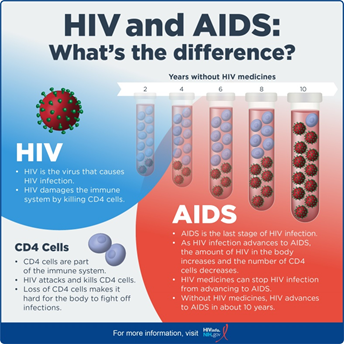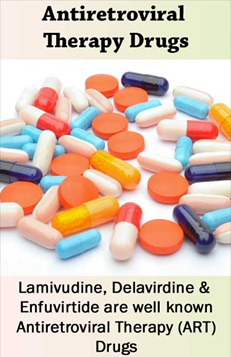

21st September 2022 (7 Topics)
Context
The Supreme Court has sought response from the Centre and others on a plea alleging shortage of anti-retroviral drugs for treating HIV patients in the country.
About
- A plea was filed by NGO Indian Network for People living with HIV/AIDS alleging shortage of antiretroviral drugs in the country.
- The plea contended that non-availability of drugs at the Anti-Retro Viral Therapy Centres of the National AIDS Control Organisation results in hampering ARV treatment of the people living with HIV/AIDS.
About HIV/AIDS:
- HIV (human immunodeficiency virus) is a virus that attacks cells that help the body fight infection, making a person more vulnerable to other infections and diseases.
- It is spread by contact with certain bodily fluids of a person with HIV, most commonly during unprotected sex (sex without a condom or HIV medicine to prevent or treat HIV), or through sharing injection drug equipment.
- If left untreated, HIV can lead to the disease AIDS (acquired immunodeficiency syndrome).
- The human body can’t get rid of HIV and no effective HIV cure exists.
- AIDS is the late stage of HIV infectionthat occurs when the body’s immune system is badly damaged because of the virus.

Antiretroviral Therapy
- With neither a vaccine nor a cure in sight, Antiretroviral Therapy (ART) is the only option available for people living with HIV-AIDS.
- HIV is a type of virus called a retrovirus, and the combination of drugs used to treat it is called Antiretroviral Therapy (ART).
- According to the World Health Organization, standard ART consists of a combination of at least three antiretroviral drugs to suppress the HIV virus and stop the progression of the disease.
- Significant reductions have been seen in rates of death and suffering by the use of potent ART regimen, particularly in the early stages of the disease.

National AIDS Control Organization
- The National AIDS Control Programme (NACP), launched in 1992, is being implemented as a comprehensive programme for prevention and control of HIV/AIDS in India.
- Over time, the focus has shifted from raising awareness to behaviour change, from a national response to a more decentralized response and to increasing involvement of NGOs.
UNAIDS
- UNAIDS is working towards stopping new HIV infections, ensuring that everyone living with HIV has access to HIV treatment, protecting and promoting human rights and producing data for decision-making.
- UNAIDS is working towards ensuring that, by 2020, 30 million people have access to treatment through meeting the 90–90–90 targets, whereby 90% of people living with HIV know their HIV status, 90% of people who know their HIV-positive status are accessing treatment and 90% of people on treatment have suppressed viral loads.


